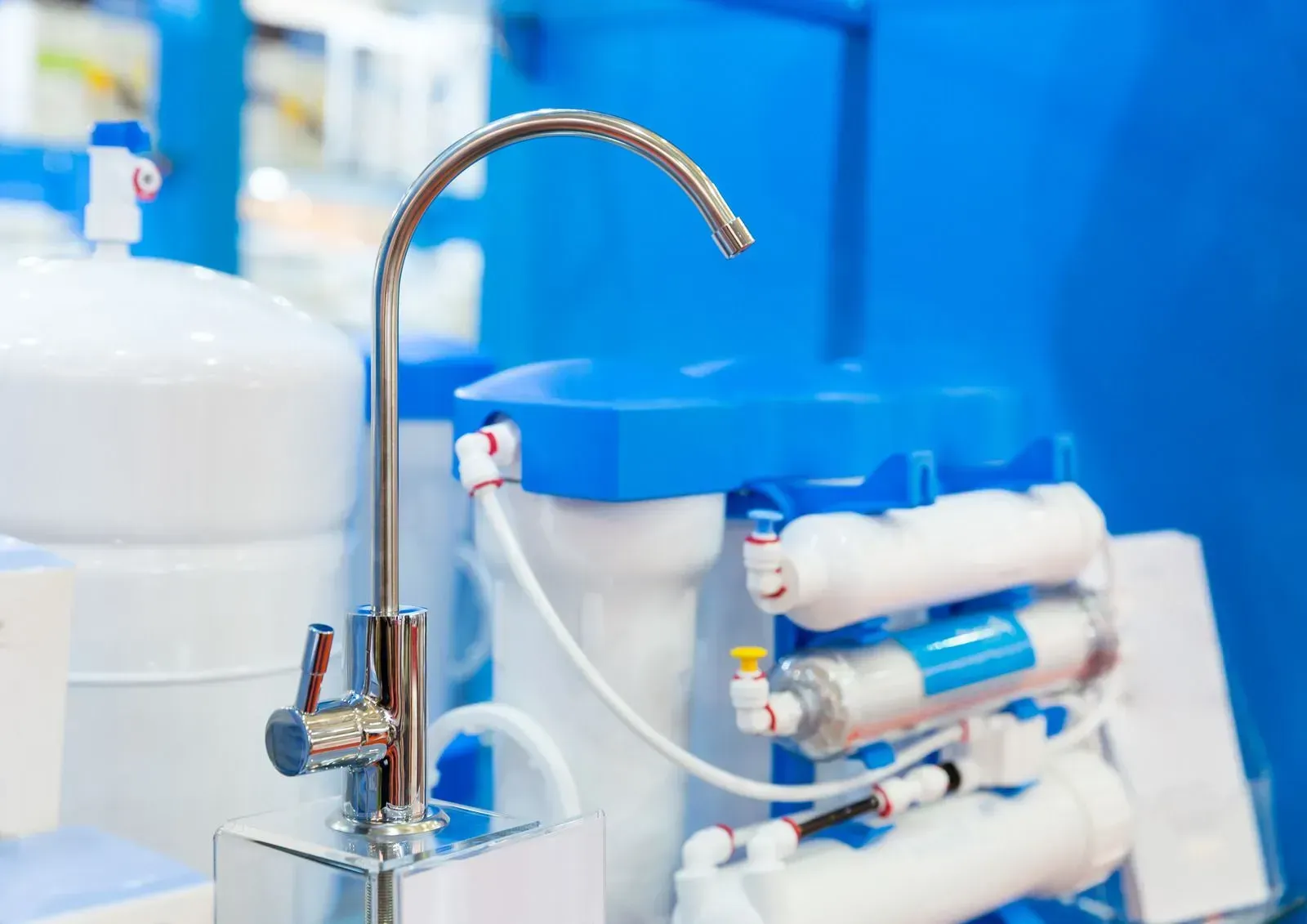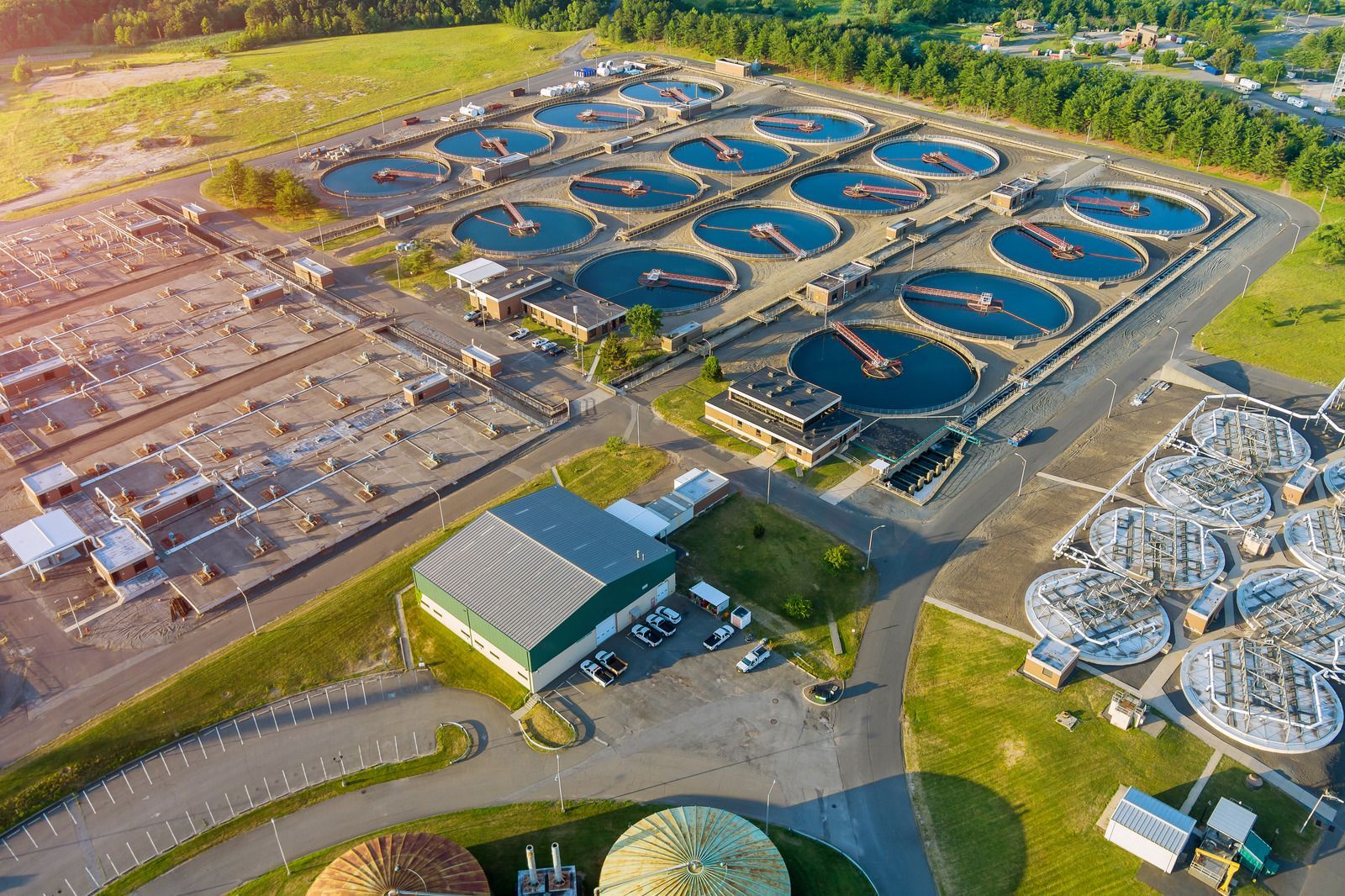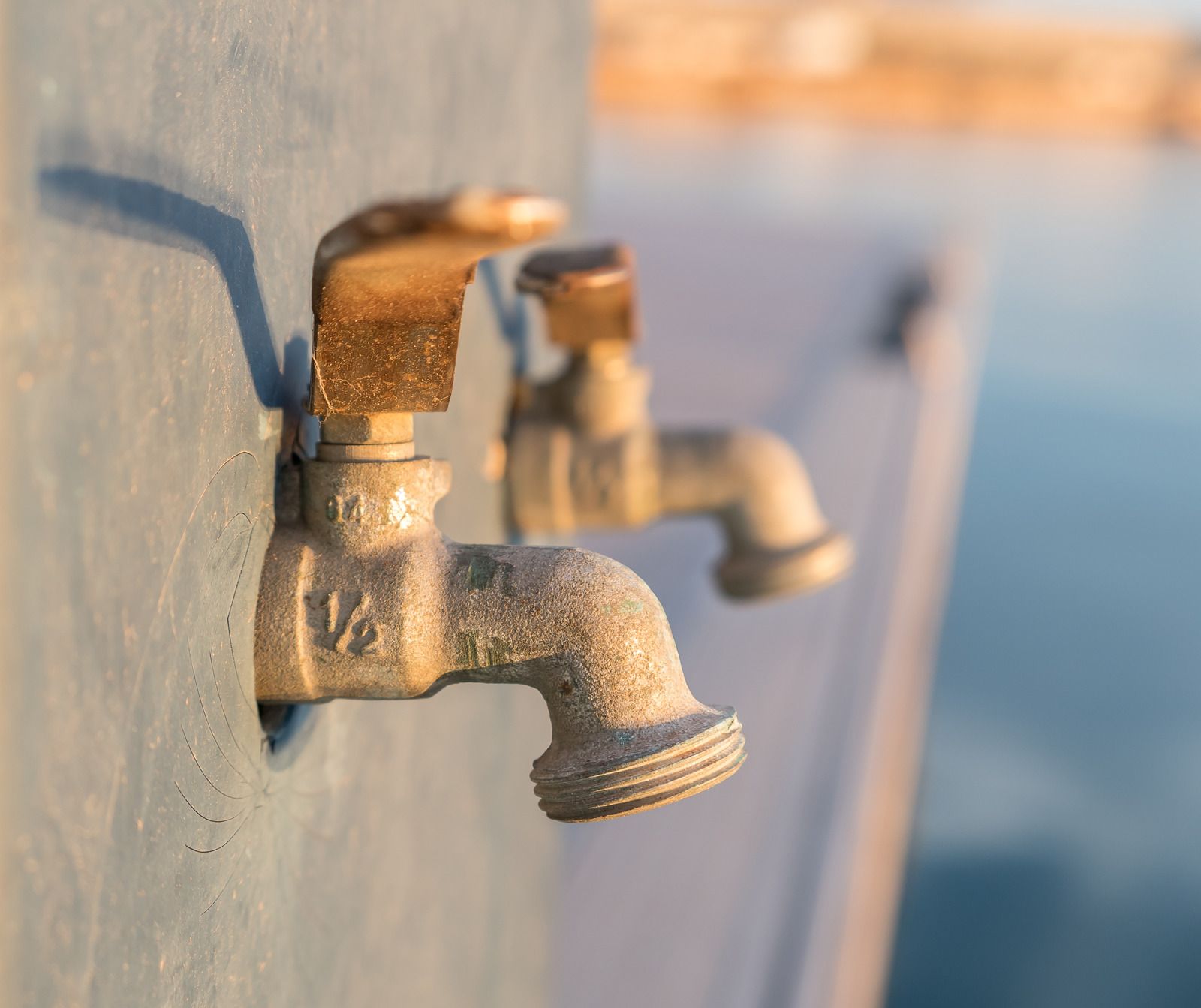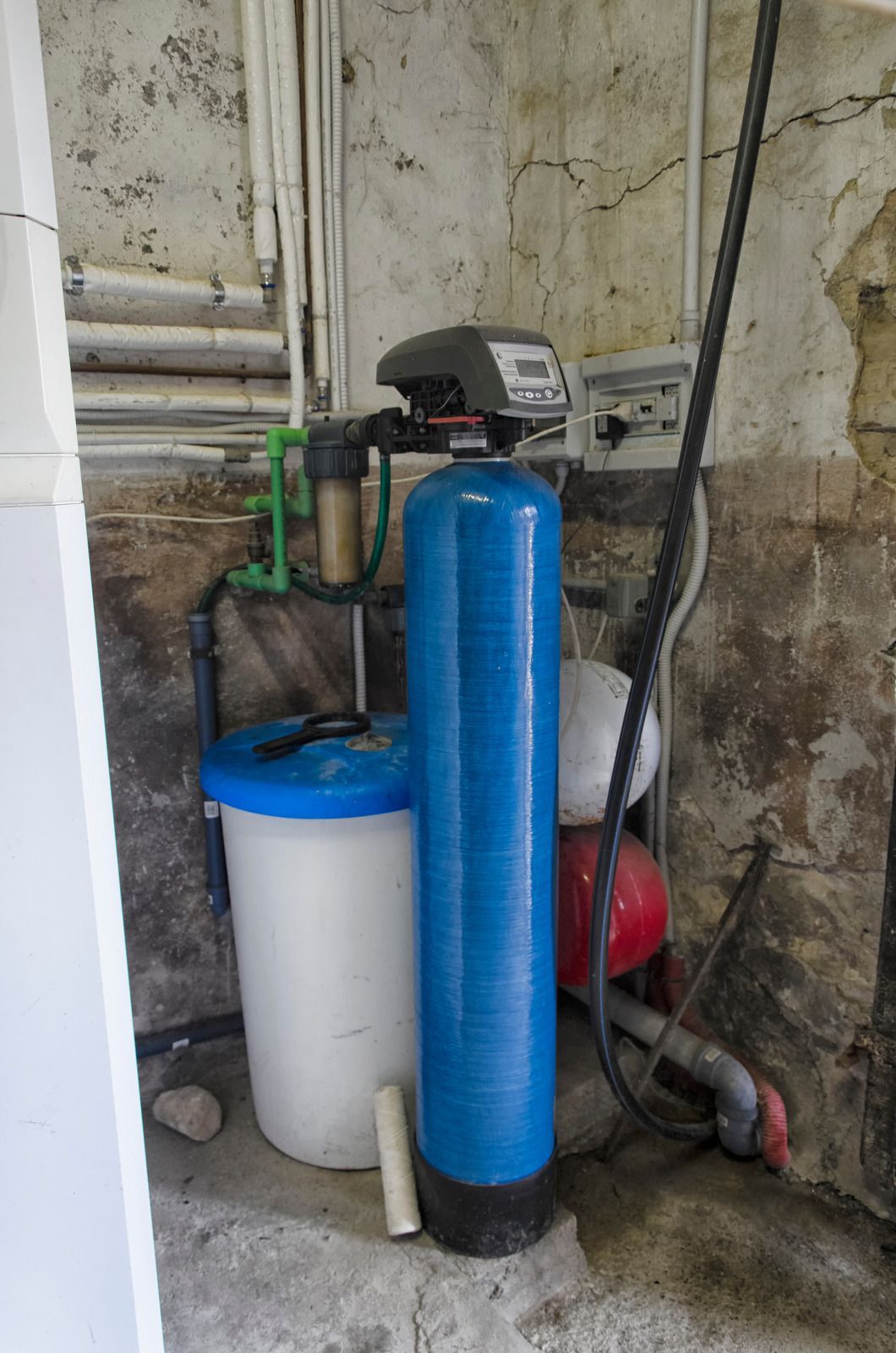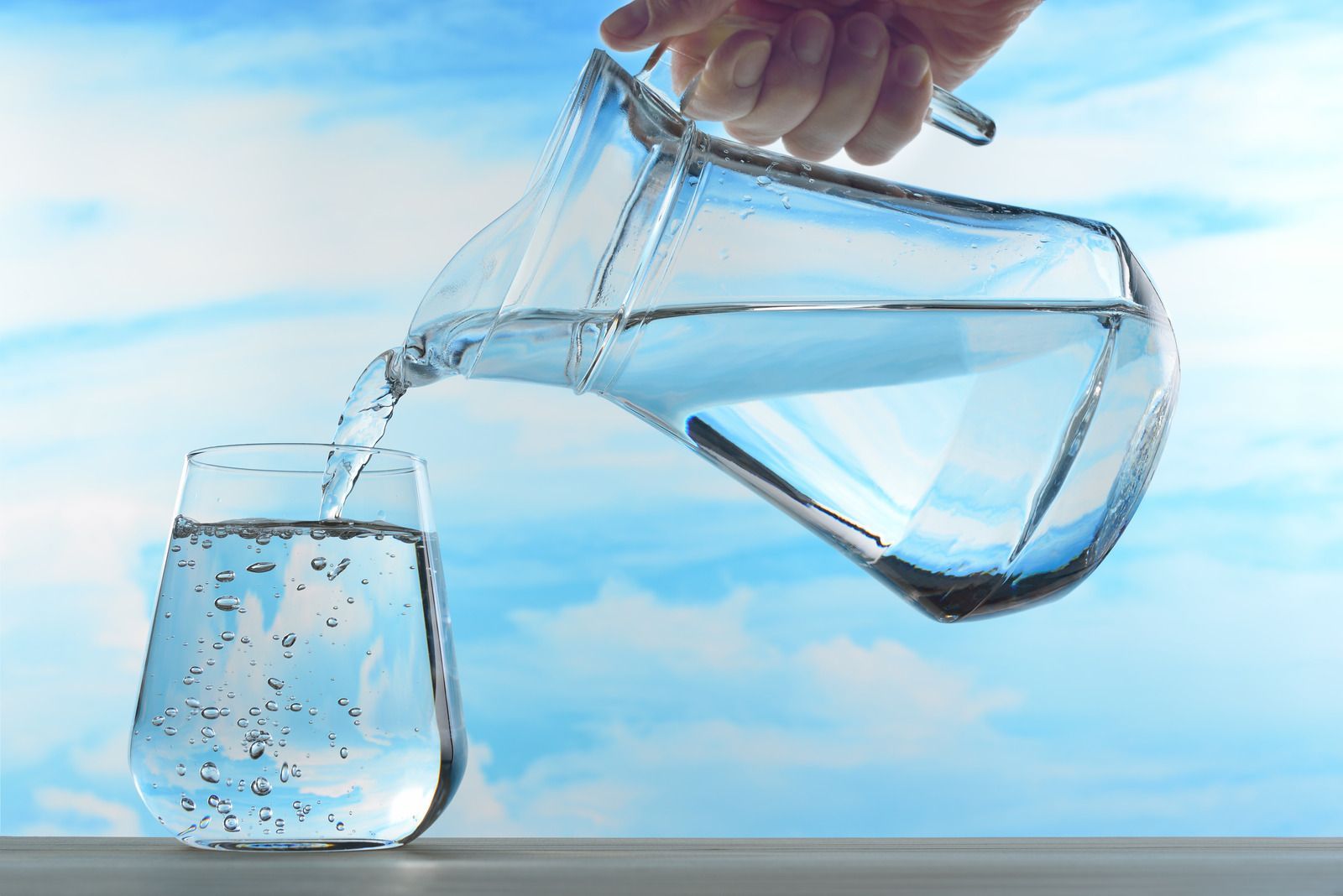HOW MUCH WATER IS ENOUGH?
Water is essential for our survival and well-being. It plays a crucial role in maintaining overall health and supports various bodily functions. In this comprehensive article, we will explore the topic of water consumption and address the question: How much water should you be drinking?
Understanding Daily Water Intake Guidelines
According to the National Academies of Sciences, Engineering, and Medicine (NASEM) guidelines, men should aim for approximately 3.7 liters (15.5 cups) of water per day, while women should aim for around 2.7 liters (11.5 cups). These guidelines serve as a general recommendation for the average adult population.
However, it is important to note that individual water needs can vary based on several factors. Let's explore these factors in more detail:
Factors Influencing Water Requirements
- Activity Level: People who engage in regular physical activity or exercise tend to lose more fluids through sweating and thus require additional water to stay hydrated. It is crucial to replenish the lost fluids during and after exercise to maintain optimal hydration.
- Climate: Environmental factors such as living in hot or humid environments can increase water loss through sweating. In such conditions, it is necessary to consume more water to compensate for the increased fluid loss and prevent dehydration.
- Health Conditions: Certain health conditions like kidney stones, pregnancy, and breastfeeding can increase an individual's water needs. It is important to consult with a healthcare professional to determine the appropriate water intake for specific health circumstances.
The Importance of Adequate Water Consumption
Drinking the recommended amount of water per day offers numerous benefits for our overall well-being. Let's explore some of the key reasons why staying adequately hydrated is crucial:
1. Prevents Dehydration
Dehydration occurs when the body loses more fluids than it takes in. Adequate water consumption helps prevent dehydration, which can lead to symptoms such as dizziness, headaches, and fatigue. By maintaining proper hydration, you can support optimal bodily functions and overall wellness.
2. Promotes Healthy Skin
Proper hydration is essential for maintaining healthy skin. When the body lacks sufficient water, the skin can become dry, tight, and prone to wrinkling. By drinking enough water, you can keep your skin hydrated, supple, and free from premature aging signs.
3. Regulates Body Temperature
Water plays a crucial role in regulating body temperature. During hot weather or intense physical activity, the body releases heat through sweat, which evaporates from the skin, cooling down the body. Sufficient water intake helps maintain the body's ability to regulate temperature and prevents overheating.
4. Supports Digestive Health
Adequate water consumption is vital for proper digestion and optimal gut health. Water helps in the breakdown of food, absorption of nutrients, and smooth movement of waste through the digestive system. Staying hydrated can prevent digestive issues such as constipation and promote regular bowel movements.
The Consequences of Inadequate Water Intake
Insufficient water intake can lead to dehydration and various complications. Even mild dehydration can have detrimental effects on both physical and cognitive functions. Research has shown that dehydration can impair mood, concentration, memory, and overall cognitive performance.
Tips for Staying Hydrated
If you find it challenging to drink enough water throughout the day, here are some practical tips to help you stay hydrated:
- Carry a Reusable Water Bottle: Keep a water bottle with you wherever you go. This serves as a reminder to drink water regularly, and having it readily available encourages you to stay hydrated.
- Set Reminders: Use alarms or smartphone apps to set reminders at regular intervals to drink water. These reminders can be especially helpful if you tend to forget or get busy with daily activities.
- Consume Water-Rich Foods: Incorporate fruits and vegetables with high water content into your diet. Examples include watermelon, cucumbers, strawberries, oranges, and lettuce. Snacking on these foods not only provides hydration but also adds essential nutrients to your diet.
Conclusion
In conclusion, drinking enough water every day is crucial for maintaining good health and preventing various complications. While the general guideline suggests around 3.7 liters (15.5 cups) for men and 2.7 liters (11.5 cups) for women, it is important to consider individual factors such as activity level, climate, and health conditions to determine the appropriate water intake.
By staying adequately hydrated, you can prevent dehydration, support healthy skin, regulate body temperature, and promote proper digestion. Remember to prioritize your water consumption based on your specific needs and make it a habit to drink plenty of clean, safe water each day.
Stay hydrated, stay healthy!

